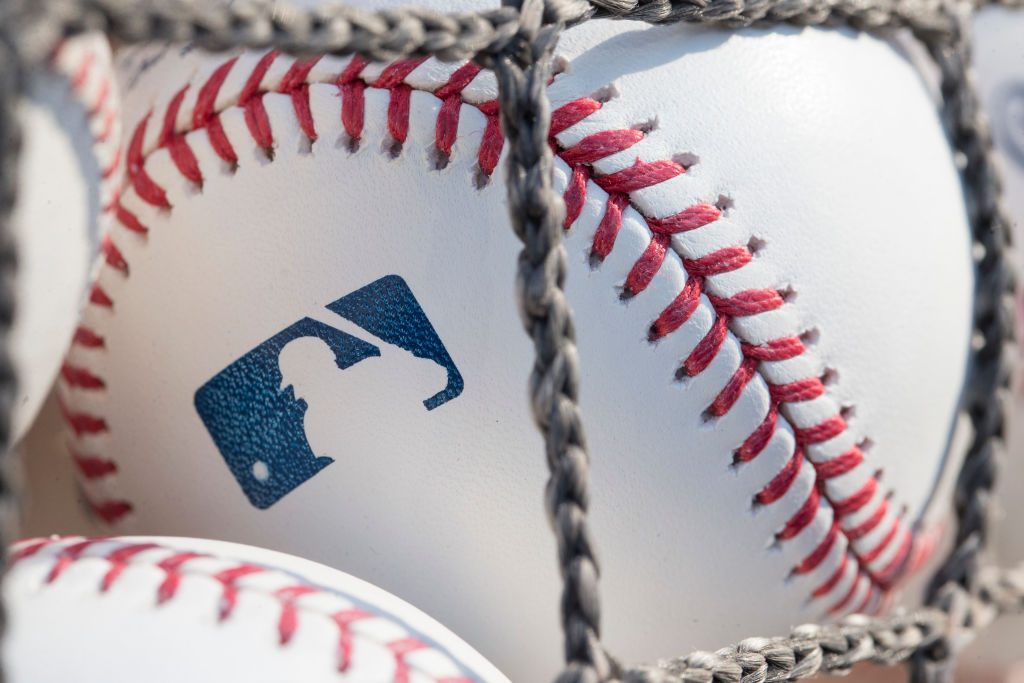
Welcome to the futre, Major League Baseball.
On Thursday, MLB and the the MLB players union announced that they have reached an agreement to remove marijuana from the list of banned substances and will begin to treat its consumption by players in the same way that alcohol use is handled.
MLB will also start to test for opioids and cocaine, and players who test positive will be referred to treatment. Those who choose to refuse will be penalized.
“Going forward, marijuana-related conduct will be treated the same as alcohol-related conduct under the Parties’ Joint Treatment Program for Alcohol-Related and Off-Field Violent Conduct, which provides for mandatory evaluation, voluntary treatment and the possibility of discipline by a Player’s Club or the Commissioner’s Office in response to certain conduct involving Natural Cannabinoids,” MLB said in a press release.
Basically, players will only face discipline from the league for violations related to their conduct while under the influence, rather than being tested and coming up positive for THC.
Synthetic cannabinoids, cocaine and opioids including fentanyl will be added to its list of drugs that will be tested.
Click on ‘Follow Us’ and get notified of the most viral MLB stories via Google! Follow Us
Players will be required to participate in educational programs on “the dangers of opioid pain medications and practical approaches to marijuana.” The programs will focus on “evidence-based and health-first approaches based on reputable science and sound principles of public health and safety.”
“In agreeing to these modifications to the Program, MLB and the MLBPA continue to favor a treatment-based approach to Drugs of Abuse, with a particular emphasis on protecting Players from lethal and addictive substances, and providing effective and confidential care and support to Players who need it,” MLB said.
“The opioid epidemic in our country is an issue of significant concern to Major League Baseball,” MLB Deputy Commissioner Dan Halem said. “It is our hope that this agreement—which is based on principles of prevention, treatment, awareness and education—will help protect the health and safety of our Players.”
“It is our collective hope that this agreement will help raise public awareness on the risks and dangers of opioid medications and contribute positively to a national conversation about this important topic,” he said.
During the 2019 season, 27-year-old Anaheim Angels player Tyler Skaggs tragically lost his life after he died of an opioid overdose.


